At Evercare Medical we share the values of our parent company, Asker Healthcare Group:
- Caring for customers
- Passion for improvement
- Taking responsibility
These values are present when we design and develop our products, with an obsession to make a positive difference in European healthcare. We work according to structured processes that ensure continuous improvements through our certified quality and environmental management system. Taking responsibility also implies being accountable for our products across their entire lifecycles and striving to minimize their negative impacts, not only through their design but also by ensuring a fair and sustainable value chain.
Life cycle thinking is core to our environmental strategy. By conducting Life Cycle Assessments (LCAs) – a scientific method to evaluate the environmental impacts of products and services throughout their lifecycle- Evercare Medical ensures that its sustainability strategy is based on scientific principles and is both holistic and comprehensive. This approach allows us to identify key areas for improvement, make informed decisions, and implement effective measures. It also enables us to communicate our products’ environmental impacts based on verifiable and reliable data.


















